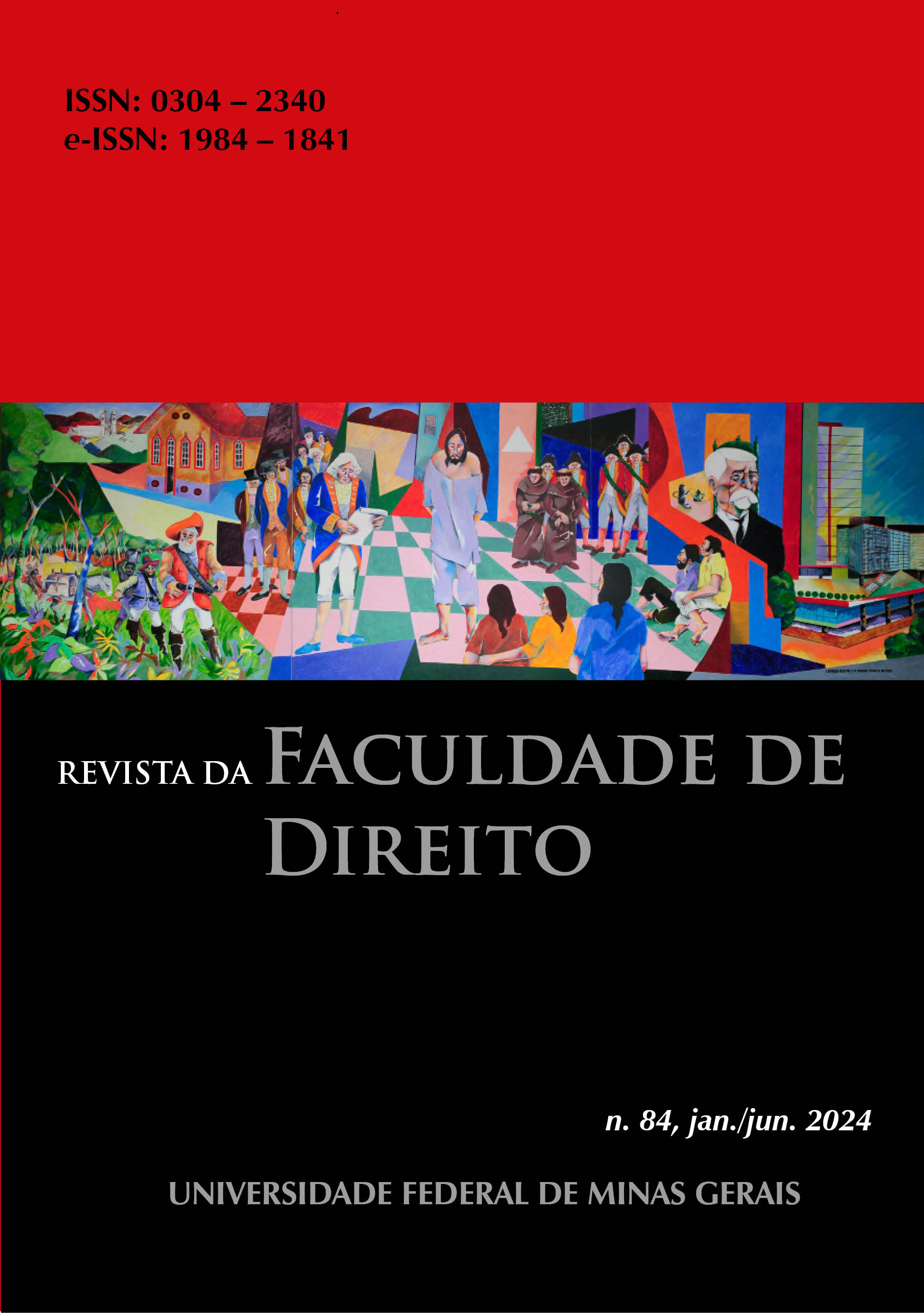DECLARING THE UNFAIR METHODS OF COMPETITION IN COMMERCE UNLAWFUL: THE FOUNDING OF THE FEDERAL TRADE COMMISSION AND ITS REPERCUSSION ON THE BRAZILIAN ANTITRUST LAW - DOI: 10.12818/P.0304-2340.2024v84p117
DOI:
https://doi.org/10.12818/P.0304-2340.2024v84p117Abstract
The Federal Trade Commission (FTC)
was established in the United States as an
independent regulatory antitrust agency.
This essay examines the rationale behind
the founding of the FTC, the problems it
aimed to address, and the legal mechanisms
at its disposal upon its inception in 1914.
In pursuit of this objective, it analyzes both
administrative issues and antitrust challenges
faced by the United States in the early 20th
century, with a focus on their legal dimension.
Finally, it seeks to delineate how these pivotal
choices influenced the Brazilian law, especially
the present structure of the Administrative
Council for Economic Defense (CADE), the
Brazilian federal antitrust agency.
KEYWORDS: Regulatory Agency. Federal
Trade Commission. Unfair Methods of
Competition. Economic Law. Comparative
Law. CADE.




















